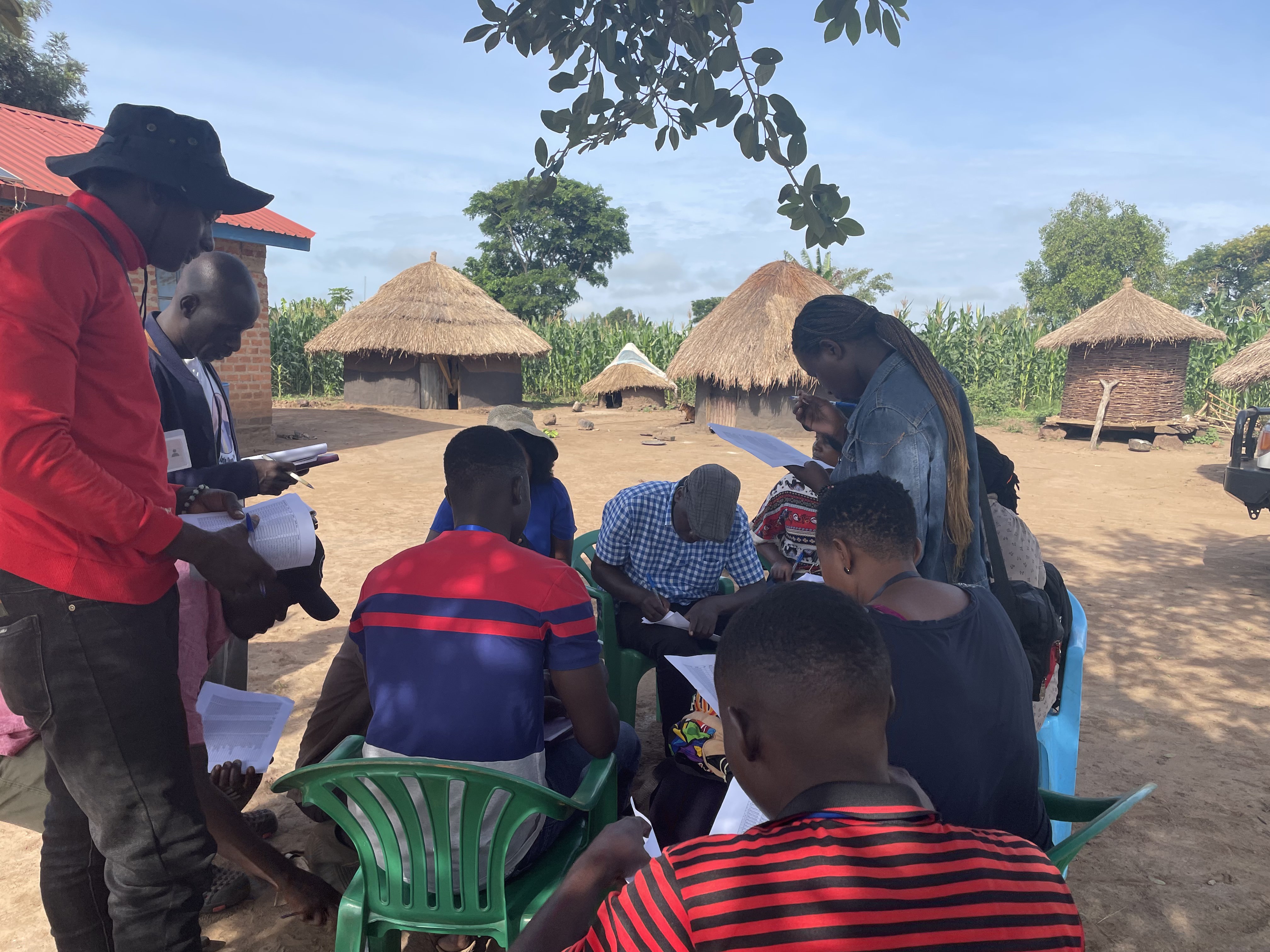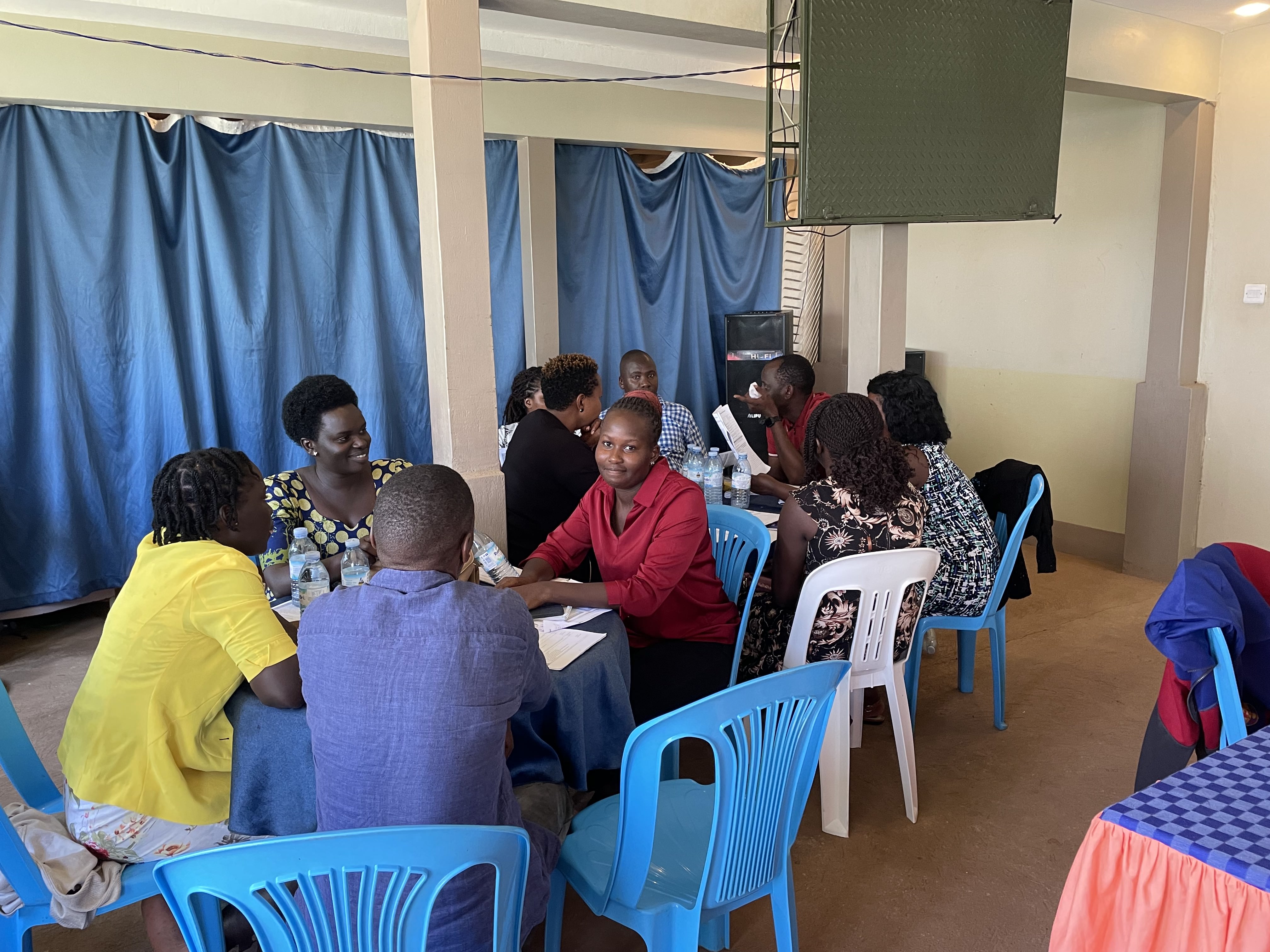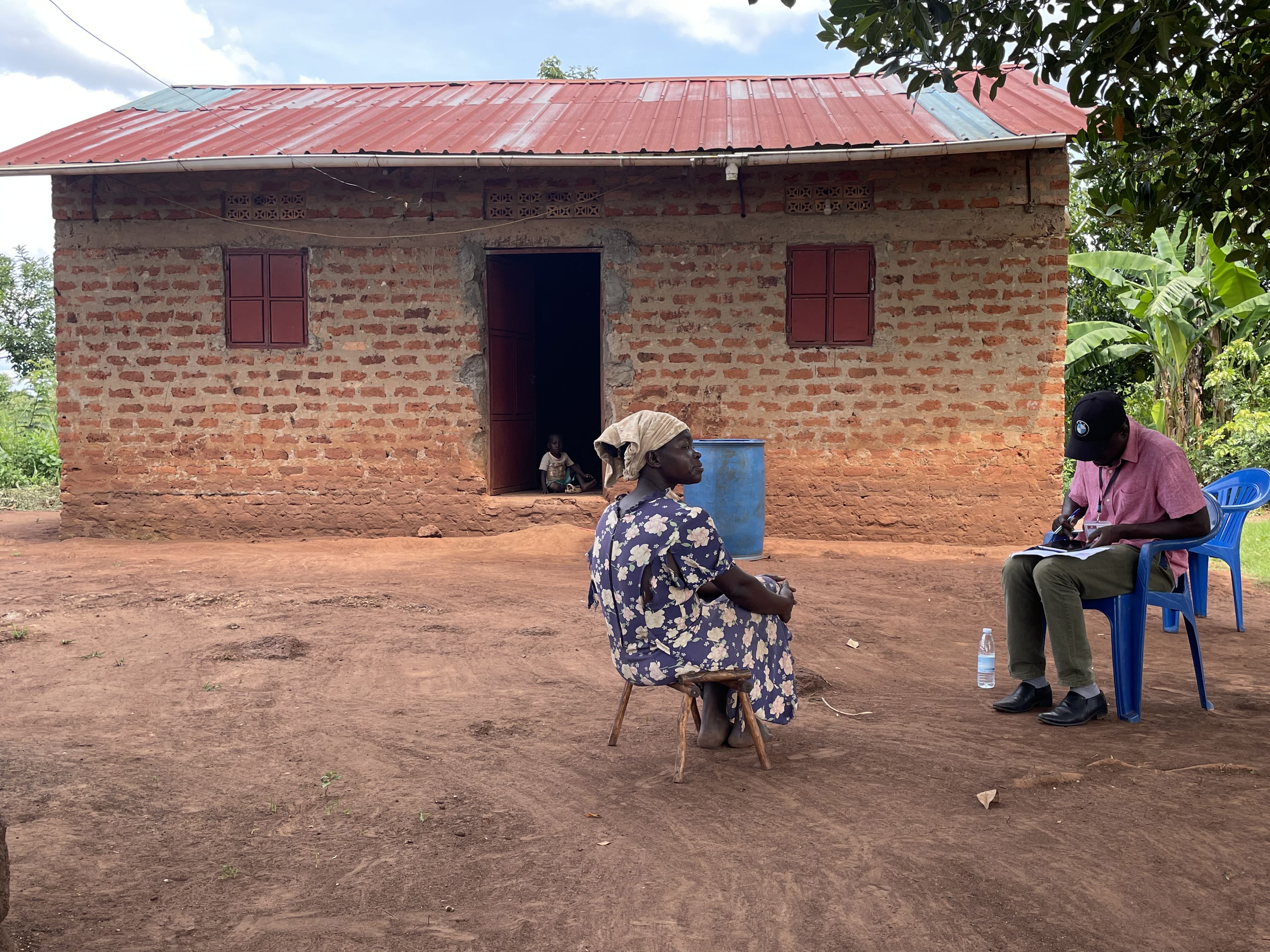
Midline Data Collection for the Impact Evaluation of the RAVES Project in Uganda
26/05/2023
In May, FAO conducted the midline data collection for the impact evaluation of the Refugee Agricultural Value Chains for Economic Self-reliance (RAVES) project, in Uganda to assess its impact on the well-being of refugees and host communities. The data collection was conducted under the close collaboration of various FAO offices, including FAO Uganda, FAO Kenya, and the ESP/SERA Team at FAO HQ.
FAO first trained the enumerators to equip them with the necessary skills and knowledge to collect accurate and reliable information for the project by providing them specific instructions, explaining technical concepts, and practicing the interviews. After a pilot of the questionnaire, the survey was conducted over a period of a month in the district of Kiryandongo.
 |  |
During this period, monitoring visits by FAO staff were conducted to assess enumerators’ performance and adherence to guidelines. This real-time observation allowed for immediate feedback and guidance to enhance the quality and consistency of data collection. The field visits also proved effective for the overall organization of data collection activities, ensuring optimal logistical arrangements, coordination, and resource allocation. Regular checks of the collected data were conducted to identify and resolve any errors, inconsistencies, or missing information, maintaining data integrity. Evening debriefings played a vital role during the field visit, providing a platform for enumerators and team leaders to discuss challenges, share insights, and collectively address difficulties encountered in the field. These debriefings fostered valuable feedback, recommendations, and refinement of data collection strategies, ensuring the project's success in achieving its objectives.
The impact evaluation aims to provide insights into the project's effectiveness on livelihoods, food security, income generation, economic empowerment, resilience, and social cohesion among the targeted populations. The insights from the midline data collection would inform project stakeholders, including the government of Uganda, FAO, and the IKEA Foundation. This knowledge would support informed decision-making, strategy refinement, and appropriate resource allocation to ensure the long-term success and sustainability of the RAVES project in Uganda.

